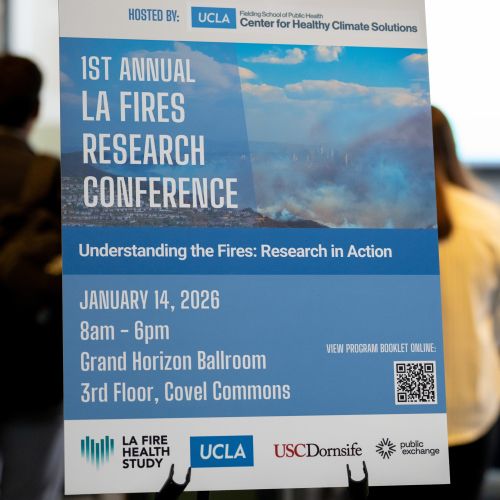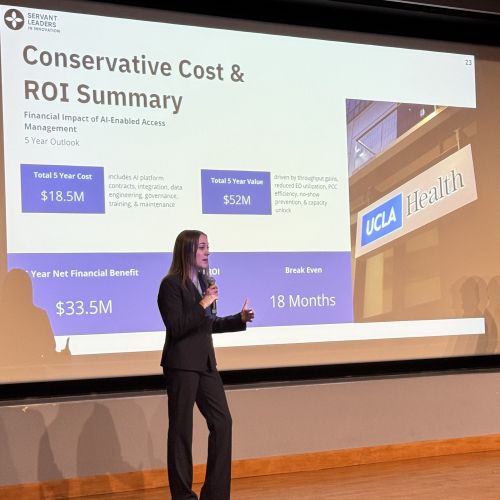Shorter radiation therapy after prostate surgery safe, UCLA-led study finds
Dr. Mark Litwin, professor in the UCLA Fielding School's Department of Health Policy and Management, is a co-author of the research.

Dr. Mark Litwin, professor in the UCLA Fielding School's Department of Health Policy and Management, is a co-author of new research that found stereotactic body radiotherapy (SBRT), a form of high-dose radiation delivered in just five sessions, is as safe as conventional treatment of prostate cancer, with similar side effects and a similar impact on quality of life.
Litwin, professor of urology, and nursing, and chair of the Department of Urology in the David M. Geffen School of Medicine at UCLA, worked with Dr. Amar Kishan, executive vice chair of radiation oncology at the David Geffen School of Medicine at UCLA and senior author of the study, published May 15 in JAMA Oncology.
The research, led by UCLA Health Jonsson Comprehensive Cancer Center investigators, suggests there may be a faster option to conventional treatment, which requires daily sessions for several weeks.
“This approach could remove a major barrier to post-surgery radiation therapy,” Kishan said. “SBRT shortens treatment time, reduces healthcare costs, and may have biological advantages in targeting prostate cancer. UCLA has long been a pioneer in SBRT for treating patients who have not yet had surgery, and now with (the) trial, we have the first phase II data in the world to support this treatment in men who have had surgery.”
Read the UCLA Health release:

